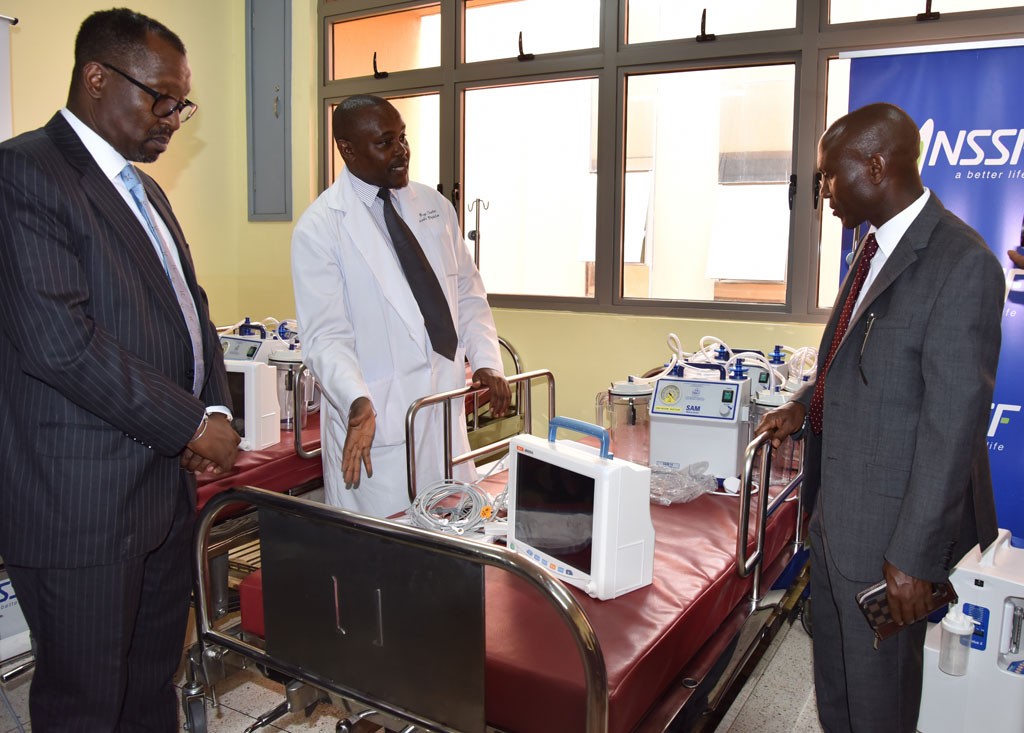National Medical Stores (NMS) has clarified on an alleged petition on social media groups, explaining that an investigation by the Inspector General of Government into claims of buying short life drugs were false.
The former NMS’ Chief pharmacist, Dr Atanasius Kakwemeire, 63, had petitioned the president’s office calling for an investigation into alleged abuse of office at NMS through procurement of fake and substandard medicines.
He said he was being victimized and that NMS terminated his contract before forcing him out of office.
In late 2020, President Museveni ordered the Inspector General of Government (IGG) to probe the matter.
The six months investigation led by Deputy IGG Miriam Wangadya with the help of State House detectives found the charges against NMS were misleading.
The petition to the presidency was on Friday circulated on social media especially WhatsApp with the date cropped out.
This created an impression that this was a new case.
“This is an old case brought to our attention in 2020 after the National Medical Stores Board terminated the complainant’s contract for incompetence at work,†said NMS in a statement on Twitter.
“Following a formal disciplinary action, he was dismissed from NMS.â€
“Even after termination, the complainant refused to hand over the office. It took the effort of the police to cause him to hand over the office and NMS property,†said NMS.
Kakwemeire, according to police, “reported to the IGG and the allegations were investigated and found to be baseless. He then reported to the State House Anti-corruption Unit. The allegations in the letter should be dismissed with the contempt they deserve.â€
During the investigation ordered by Museveni, detectives examined the three year framework contracts NMS has with a number of its medicines’ suppliers including CIPLA/Quality Chemicals (for the anti-malarials, ARVs and reproductive health items), LPOs and call off orders.
Kakwemeire had reported that NMS was deliberately purchasing medicines with a very short life span before expiry deliberately to occasion loss to the government of Uganda.
NMS explained that the problem of quick expiring medicines only related to medicines the Ministry of Health received as donations and passed on to NMS.
The IGG discovered that quick-expiring donated medicines (valued at SShs140m) were handed over to NMS at a time when they “weren’t meeting the requirement of 75% shelf life,†something that no one can appropriately blame on NMS because the entity never participated in the medicines’ procurement (only received them as donations).
It also was established that instead NMS deserved commendation for registering a medicines expiry rate (0.5%) which is way below the WHO recommended standard rate of 5%.
This simply means that, whereas cases of procured medicines expiring in the warehouse can’t be avoided because it’s a must globally, in the case of NMS only medicines worth 0.5% of the total procurement in a Financial Year gets disposed upon expiring on the shelf.
The WHO considers up to 5% as acceptable but the NMS management is now at 0.5% in comparison with the governing Board target of 2%.

















